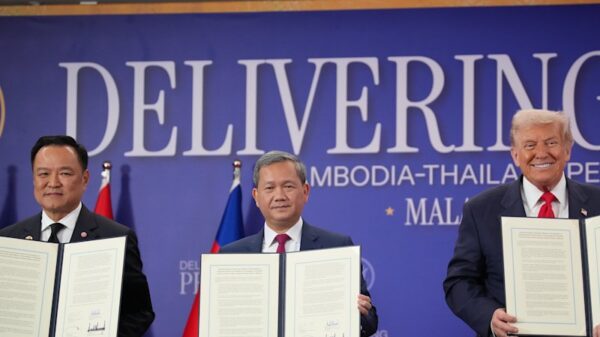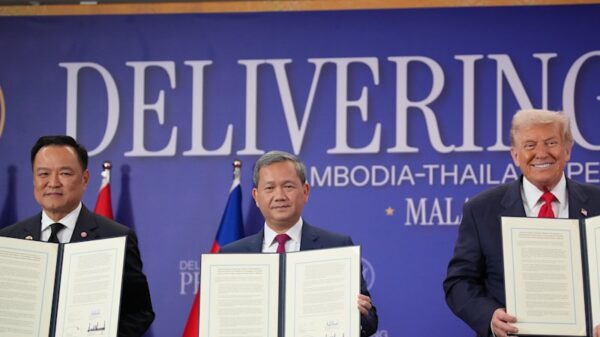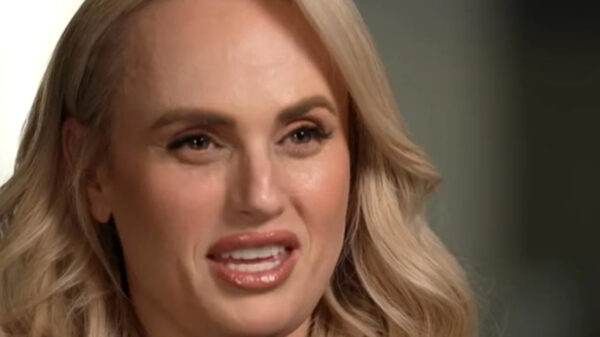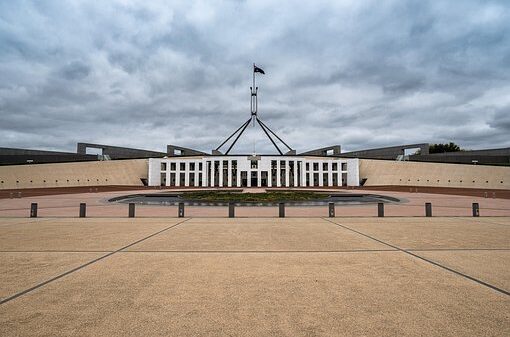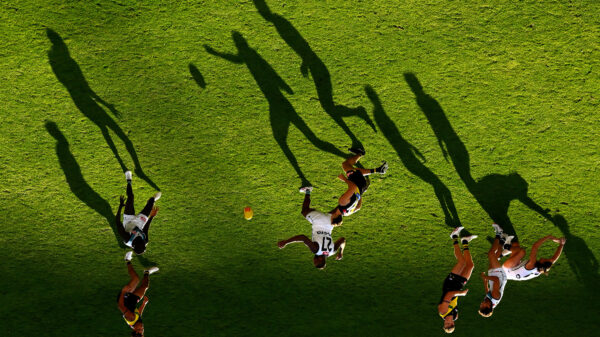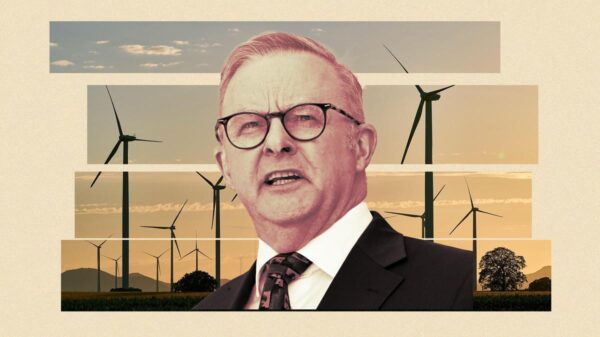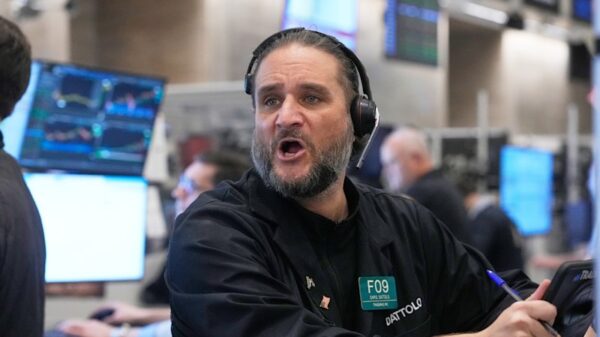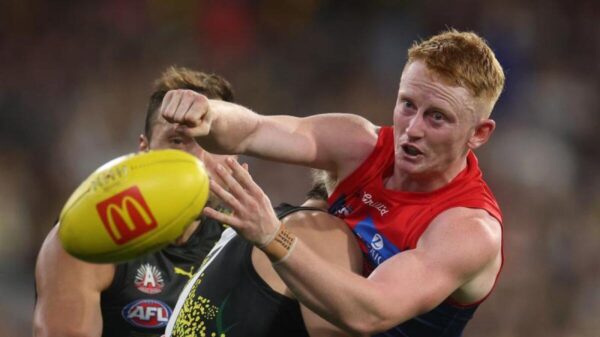Approximately 30 Western leaders convened on September 27, 2023, for discussions with Ukrainian President Volodymyr Zelenskiy regarding security guarantees for Ukraine in the event of a peace agreement with Russia. This summit, held both in person and via video link, included leaders from major European nations as well as representatives from countries such as Australia, Canada, and Japan. The coalition aims to consolidate support ahead of anticipated negotiations with the United States.
Coalition’s Military Support Plans
Members of this coalition have engaged in discussions for months to outline military support intended to deter further Russian aggression. However, these efforts have faced challenges, as many governments assert that any European military role would necessitate robust security guarantees from the United States as a safety net. So far, President Donald Trump has not made a definitive commitment to provide such assurances.
Steve Witkoff, Trump’s special envoy, met with senior diplomats from France, the United Kingdom, Germany, Italy, and Ukraine before the summit commenced. It is anticipated that Zelenskiy will have a private meeting with Witkoff to discuss the ongoing situation. French President Emmanuel Macron stated during a joint appearance with Zelenskiy in Paris that coalition leaders would support security guarantee proposals developed by their military advisors.
Political Signals and NATO’s Role
Macron emphasized, “We are ready, us Europeans, to provide security guarantees to Ukraine for when there is a signed peace.” This initiative aims to send a political message to Trump, highlighting the stagnation of direct peace talks between Zelenskiy and Russian President Vladimir Putin since their last meeting hosted by Trump in August. Some European officials hope to encourage Trump to exert greater pressure on Moscow.
NATO Secretary-General Mark Rutte expressed optimism that the summit would lead to more detailed discussions with Washington regarding the type of guarantees it could offer. Putin recently indicated a willingness to engage in negotiations to resolve the conflict, stating that an end to the war could be possible “if common sense prevails,” while also preparing for military action if necessary.
Western officials identify continued military support for Ukraine’s armed forces as a fundamental aspect of the proposed guarantees. There are plans to establish an international force to assist and reassure Ukraine, potentially stationed within the country and in neighboring areas. Yet, Russia has strongly opposed any foreign military presence in Ukraine.
Diplomatic sources indicate significant differences remain among coalition members regarding the specifics of military support. A source from the German government noted the political difficulty of refusing assistance, but highlighted military constraints due to existing troop commitments in Lithuania. Rutte remarked, “Why are we interested in what Russia thinks about troops in Ukraine? It’s a sovereign country. Russia has nothing to do with this.”
European leaders have made it clear that a robust international force would only be feasible with backing from the United States. While Trump offered general promises in August, the details of U.S. contributions remain undisclosed. Following the summit, several leaders are expected to reach out to Trump to discuss further actions.









